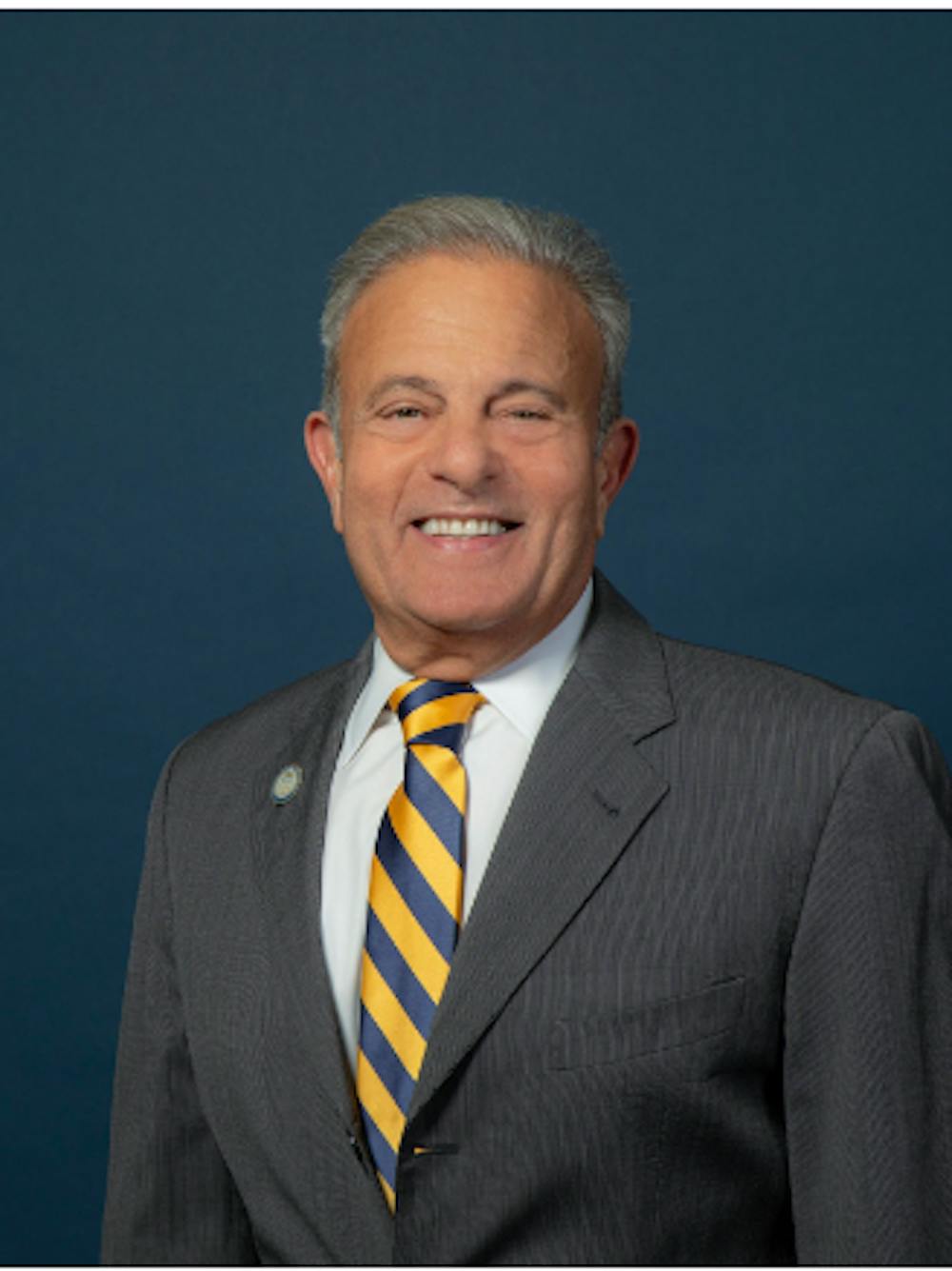By Ally Uhlendorf
News Editor
As devastation and tragedy take the world by storm due to the attacks occurring in Israel, support is one of the most important factors within every community. Specifically on college campuses, where students do not typically have the accessibility to be close to their family, support within the college community holds a pivotal position. Slowly, several college administrators have released statements regarding the Israel-Hamas war – some saying much and others saying nearly nothing of substance whatsoever.
At the College, the campus community received an email from Interim President Michael Bernstein regarding the tragedies – which was lackluster, to say the least. Like many other colleges, Bernstein’s response tip-toed around the issue at hand, and simply just offered counseling services for students.
For both communities that are being affected by the war, there is an overwhelming amount of a whirlwind of emotions. College students, often at a stage in life focused on personal growth, struggle with a complex blend of feelings. In situations such as these, many students experience a sense of helplessness as they witness the news and see images of the destruction and suffering. Simultaneously, there is a deep concern for the well-being of friends and family who may be directly impacted by the conflict. In this turbulent time, students seek not only guidance from their educational institutions but also a supportive community.
In the wake of any international conflict, colleges and universities have a responsibility to foster a climate of open discussion, empathy and understanding. Going into detail and providing an emotional understanding of what is occurring and how students may be affected by said issues should go without saying in these circumstances.
“I call on all of us to remain committed to open, respectful, and compassionate dialogue on the tensions in the Middle East,” Bernstein said in his email. “As an academic community, we have a particular obligation to ask difficult questions and to be open to differing viewpoints on all issues — especially now in pursuit of a fuller understanding of the causes and resolution of the terrible, tragic conflicts in the Middle East.”
Although it is commendable that the President acknowledges the importance of open and respectful discussion during this time, it is difficult to gain inspiration from a rather lacking response to these pressing issues. Without a solid foundation and lead into these heavy-topic discussions, it is hard for students to feel comfortable enough to take leadership into their own hands. This statement was not enough to call for dialogue. Instead, the College should actively facilitate discussions, encourage openness to difficult questions and acknowledge all diverse perspectives.
Like most college responses to conflicts, the message highlights campus counseling services. While this is an extremely important part of processing all that is happening, leadership in challenging times calls for more than just offering counseling – it demands a proactive effort to create an inclusive, understanding environment for the entire campus community.
“While there are opposing political and cultural viewpoints on what has happened in the Middle East, I know we are all united in our conviction that nothing justifies wanton violence, kidnapping, and mayhem directed at innocent civilians,” Bernstein said.
While it’s true that there are opposing viewpoints on this complex issue, it's important to acknowledge that these viewpoints often reflect deeply held beliefs, personal connections and a complex historical context. The framing of this sentence seems very oversimplified, and dismissive in a manner, leaving students feeling marginalized and not truly heard. This can be disheartening and alienating to students who may have a personal connection to the region or who genuinely grapple with the complexities of the conflict.
While well-intentioned, Bernstein’s response can be perceived as dismissive to students who are being affected by the Israel-Gaza tragedies. Although condemning violence and advocating for unity, Bernstein simplified a highly intricate issue, and his words fell short of providing the support and empathy that is crucial for such a tumultuous time.







